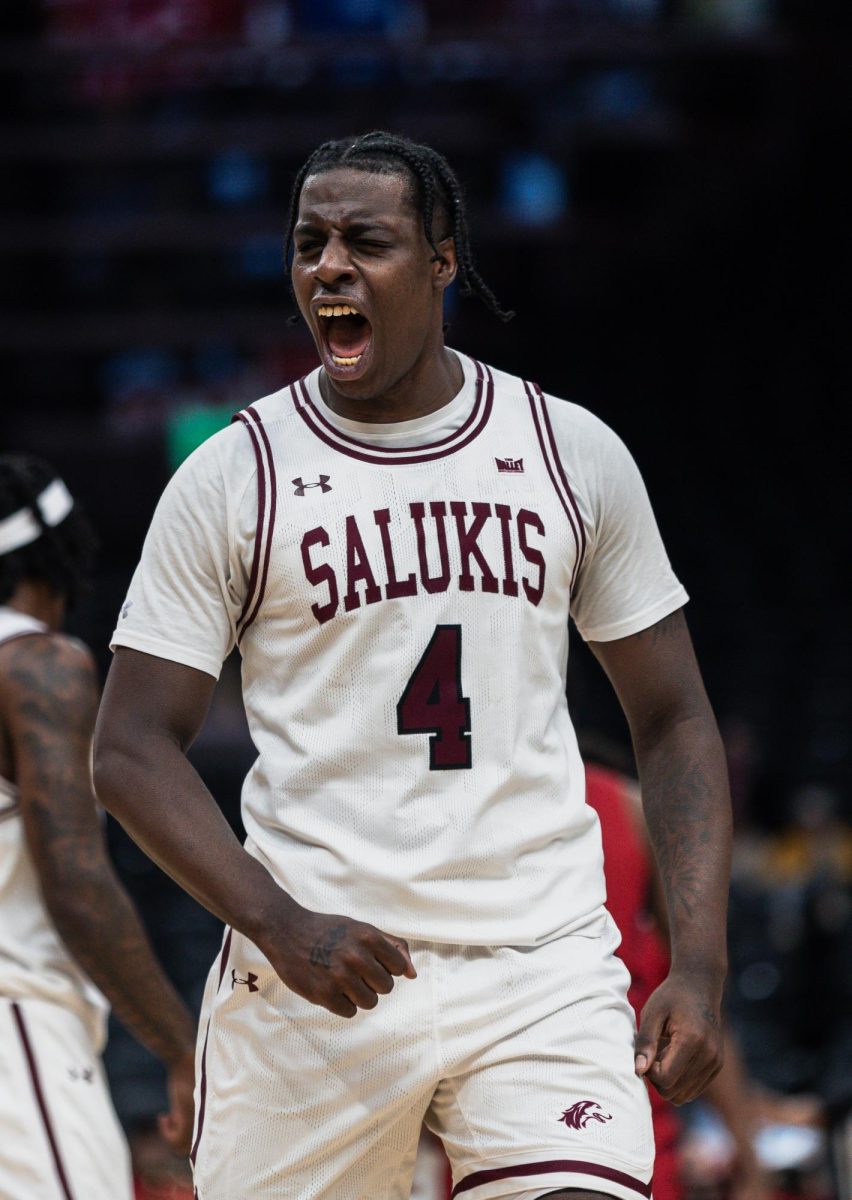Don’t dismiss news media, but skepticism is healthy
January 27, 2005
Just as the song from Disney’s “The Jungle Book” goes, “Trust in me, just in me, shut your eyes and trust in me,” many people assume they must blindly trust the information the news media provides. Then, when people realize a news organization’s facts are incorrect, they come to the hasty and absolute conclusion to distrust all news media.
Such is the case with the recent CBS News blunder where during a “60 Minutes Wednesday” broadcast, documents regarding President George W. Bush’s National Guard service were presented as factual evidence despite a lack of verification from experts.
A Gallup poll conducted Sept. 13 through 15, after the story aired but before Rather publicly apologized, indicates that only nine percent of adults nationwide trust and have a “great deal” of confidence in the mass media to “accurately and fairly” report the news, and another 35 percent trust the news media a “fair amount.” The trust for media in both areas is down five percent from the year prior. But the tell-tale sign of a serious problem is how many people distrust the media completely. Sixteen percent do not trust the media “at all,” five percent more than at the same time the year before.
Advertisement
Walter Jaehnig, SIUC’s journalism director, said the journalists at CBS focused on airing the story first and instead should have spent more time verifying their information.
“They rushed to judgment far too early, and I think that’s a temptation for journalists always,” he said. “The people who could have asked the critical questions, who could have pointed out the holes in that story, did not have time to do that. They rushed to get it on the air.”
But in this age of immediacy viewers have grown to expect breaking news in real time. Journalists struggle to release information before events happen. For example, news agencies will receive drafts, summaries and even whole speeches before President Bush appears at the podium. All this to inform the public without delay. Of course mistakes are made and misinformation seeps through.
Journalists have an obligation to investigate and verify information to ensure accurate reports. They verify a story by interviewing a series of people in-the-know to determine which facts are accurate. Journalists, in theory, never trust one person’s word.
Neither should their audiences.
Viewers come to distrust all media based on instances of sloppy reporting. Instead of dismissing all news media as untrustworthy, check out the facts.
Nearly all news agencies have a website and many include additional information about reports, including images of the public documents, timelines and transcripts of interviews. This information can help a viewer determine if a report has been fully investigated and whether the information is accurately portrayed. Viewers may also read the same story on competing news agency’s website to verify information.
Advertisement*
So go ahead and trust in media, not just in the take-my-word-for-it method.
Lindsey Mastis is journalism major and has participated in broadcast news internships including ABC’s Nightline. She can be reached at [email protected]. These opinions do not necessarily reflect those of the Daily Egyptian.
Advertisement








